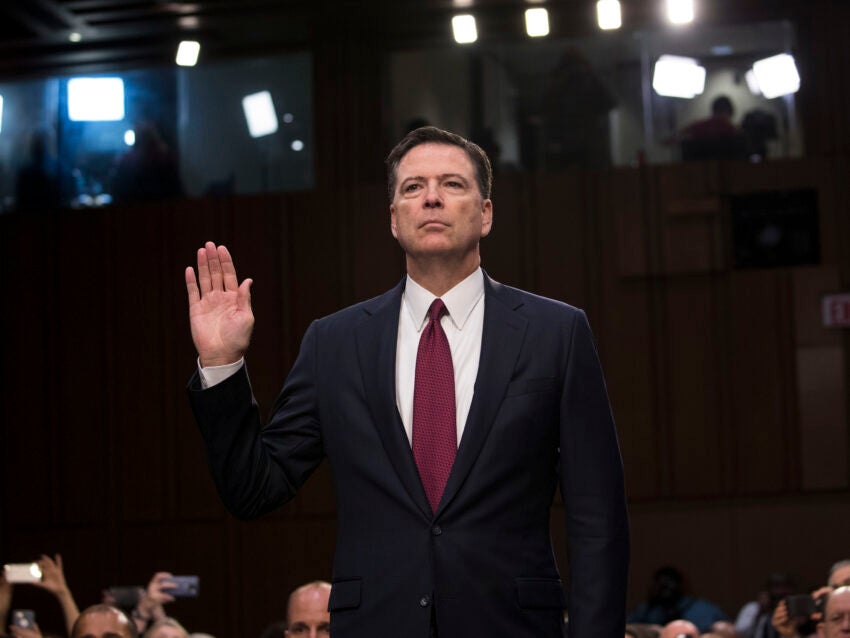
The indictment of former FBI Director James Comey marked a significant escalation in a campaign of retribution. President Donald Trump, after initially feigning ignorance, celebrated the indictment, revealing his active role in orchestrating the prosecution. This action underscores Trump’s commitment to using the criminal justice system to target perceived adversaries, a strategy that shows no signs of abating.
One key takeaway is that this event shattered established democratic norms. During his first term, Trump, facing investigations, sought to weaponize the justice system against his political opponents. Despite warnings from his White House counsel, who emphasized the importance of nonpolitical law enforcement, Trump disregarded these guidelines in his second term. He directly pressured the Attorney General to pursue charges against Comey and other figures, replacing those who resisted his will with allies. This blatant interference represents a severe breach of the traditional separation between political influence and the Justice Department’s independence.
The ramifications extend beyond Comey, as other Trump foes are now at risk. Comey was high on a list, but it’s a long list. Trump has publicly sought the prosecution of New York Attorney General Letitia James, who led a civil fraud case against him, and Senator Adam Schiff, a prominent figure in investigations against Trump. Furthermore, the Justice Department is already scrutinizing an organization linked to George Soros, a frequent target of right-wing criticism. Trump has also initiated a government-wide effort targeting groups with opposing political views, further highlighting his desire to utilize government resources to silence dissent.
Trump’s fury remains unabated, fueled by the investigations and legal challenges he faced during his first term. His decisive second election victory, which he believes refuted claims of a fluke, has emboldened him. He has sought to expand presidential power and has largely succeeded, aided by a Supreme Court he helped shape. This has allowed him to aggressively target critics through threats, lawsuits, and other means. His drive to seek retribution is largely unchecked by the courts, Congress, or a staff radicalized by the prior investigations.
Finally, the prosecutors face significant obstacles in securing a conviction. Despite the ease of obtaining an indictment, winning at trial is far more difficult. The initial review of evidence by line prosecutors in Virginia resulted in a memo citing the weakness of the case against Comey. Moreover, the grand jury rejected one of the presented counts. Trump’s history of public attacks on Comey and frequent references to his own criminal cases may provide the defense with grounds for challenging the prosecution on vindictive grounds. Even without a conviction, Trump understands that the mere act of being a defendant in a criminal case inflicts reputational and financial damage.

